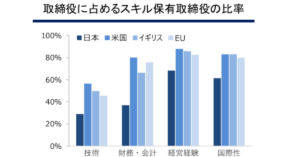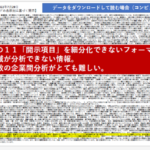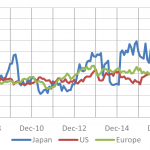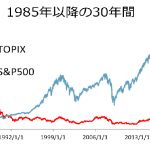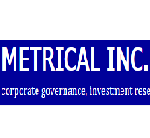The 2022 report by the FRC in the UK, “The influence of the UK Stewardship Code 2020 on practice and reporting”, shows a stark contrast between the virtual absence of collective engagement in Japan as compared to the UK. A large proportion of asset managers in the UK are participating in a variety of collaborative engagements:
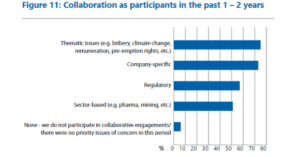
Some Quotes from the FRC’s report:
“Most respondents identified collaborative engagement (working with other investors) as an increasingly important escalation tool.”
“One of the things about collaboration is you don’t have to do all the work yourself. You are adding the value of your assets to the engagement and hopefully sending a better signal – that’s quite a lot of change in the sector in dealing with [ESG] issues.” (Head of responsible investment, large UK asset owner)

